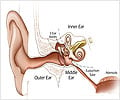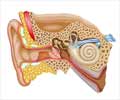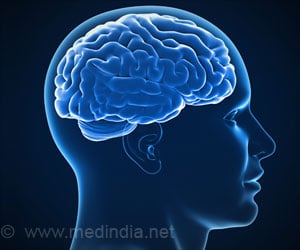Computers are better at lip-reading than humans, a new study has revealed.
Computers are better at lip-reading than humans, a new study has revealed. This is a finding that could lead to novel methods of lip-reading training for the deaf and hard of hearing.
The research team from University of East Anglia compared the performance of a machine-based lip-reading system with that of 19 human lip-readers.They found that the automated system significantly outperformed the human lip-readers - scoring a recognition rate of 80 per cent, compared with only 32 per cent for human viewers on the same task.
Unlike the traditional approach to lip-reading training, where viewers are taught to spot key lip-shapes from static (often drawn) images, the new video-based training system significantly improved their ability to lip-read monosyllabic words.
"This pilot study is the first time an automated lip-reading system has been benchmarked against human lip-readers and the results are perhaps surprising," said the study's lead author Sarah Hilder.
"With just four hours of training it helped them improve their lip-reading skills markedly.
"We hope this research will represent a real technological advance for the deaf community," she added.
Advertisement
"We would welcome the development of video-based or online training resources to supplement the teaching of lip-reading.
Advertisement
The findings were presented at the eighth International Conference on Auditory-Visual Speech Processing.
Source-ANI
RAS









